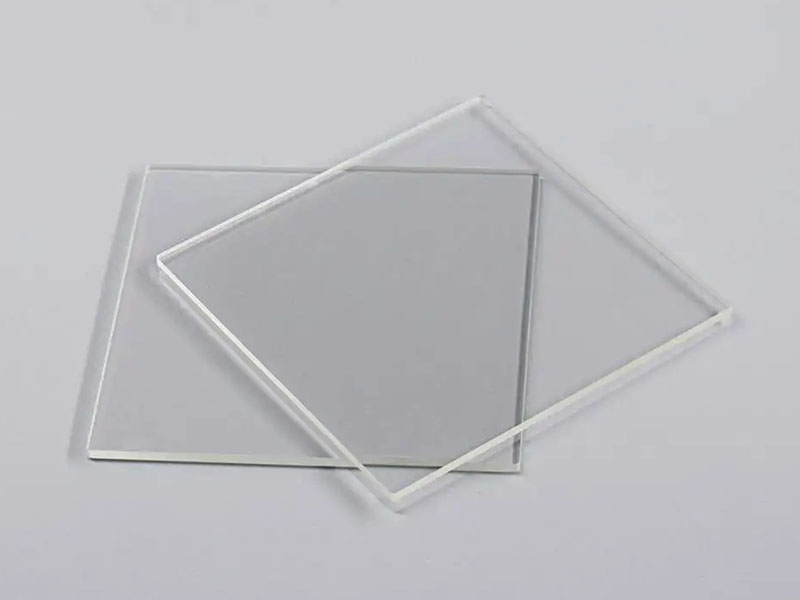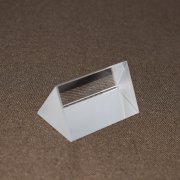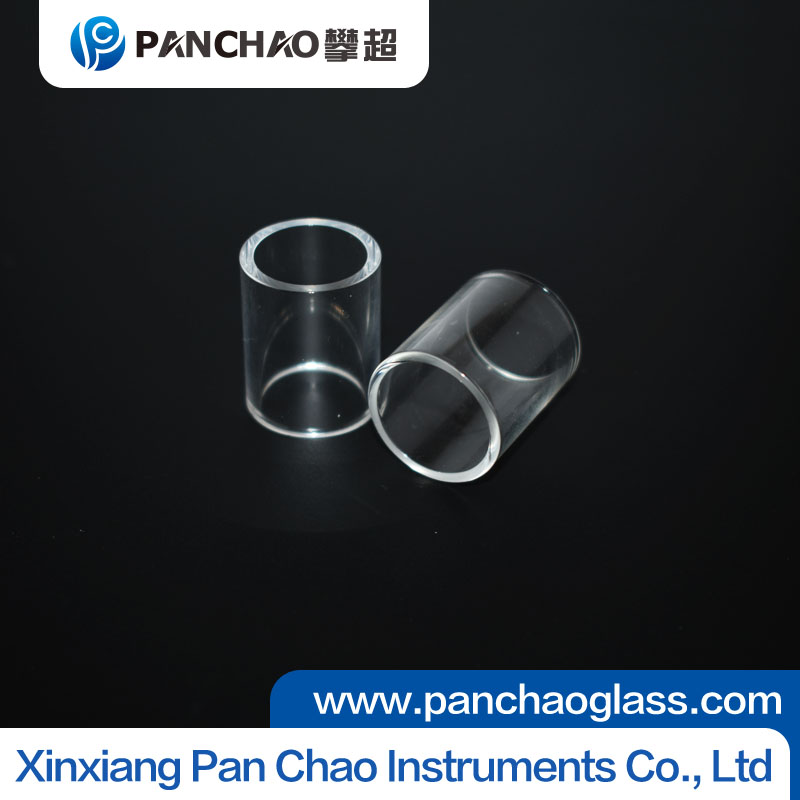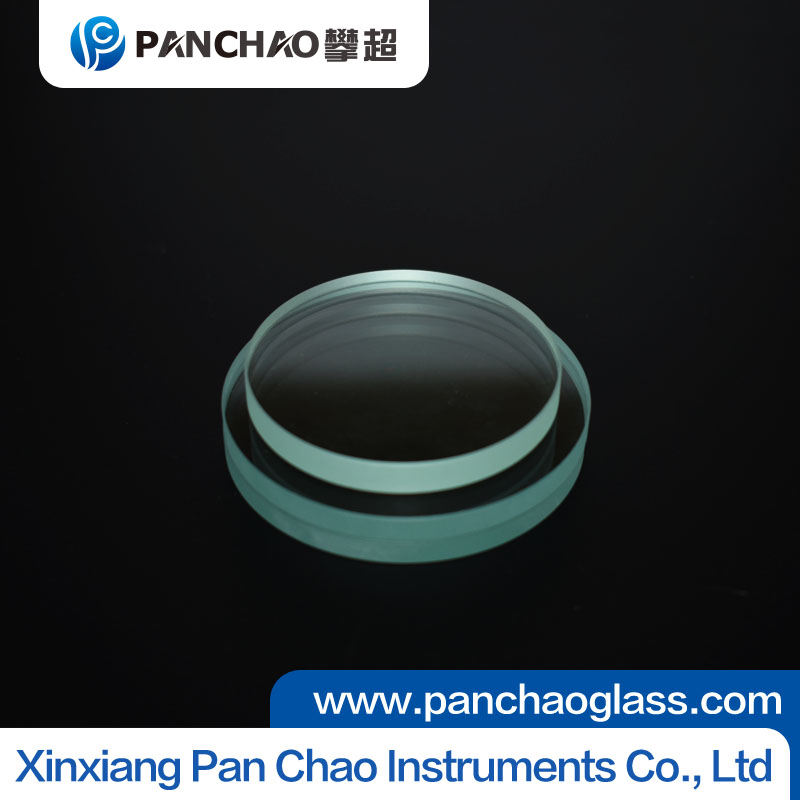
Choosing the Right Tempered Glass Thickness for Every Need
Tempered glass thickness directly impacts strength, safety, and cost. Here’s a quick guide to matching thickness with applications:
1. Thin & Lightweight (1.5-3mm)
-
Best for: Mobile devices, smartwatch screens
-
Strength: Scratch-resistant but not impact-proof
-
Example: 2mm chemically tempered glass survives 1m drops (like Gorilla Glass)
2. Standard Duty (4-6mm)
-
Best for: Windows, shower doors, table tops
-
Strength: Withstands daily impacts (e.g., door slams)
-
Safety: Breaks safely into small cubes
3. Heavy Duty (8-12mm)
-
Best for: Glass railings, storefronts
-
Load Capacity: Supports 200kg+ per square meter
-
Special Use: Balcony windshields in typhoon areas
4. Extra Thick (15-25mm)
-
Best for: Banks, jewelry displays
-
Security: Stops bullets when laminated
-
Architecture: Skyscraper curtain walls
Pro Tips:
-
Thicker isn’t always better – it adds weight and cost
-
For curved glass, add 2mm to standard thickness
-
Always specify heat-soaked glass for structural uses
Choose wisely – the right thickness saves money while keeping users safe!
Related articles
- From Ordinary to Tempered: A Glass's "Trial by Fire" Tran
- 3 Key Advantages of Custom Tempered Glass You Should Know
- Tempered Glass: The Perfect Balance of Strength, Safety &
- What is Tempered Glass? Discover Its Superpowers in 5 Minutes
- Why More Clients Choose Our Custom Tempered Glass Solutions?
- Triple Armor of Tempered Glass: Impact Resistance, Heat Toler
- Anti-Reflective Coating Technology for Ultra-Clear Glass: How
- Ultra white glass: the 'invisible king' of high-end home and
- Application of Ultra White Glass in Building Curtain Walls: B
- Do buildings often use ultra white glass?

Xinxiang Pan Chao Instruments Co., Ltd.
Tel: +86 13343800331
Contact person:Carrie Niu
Fax: 0373 303 0331
Email:sales@panchaoglass.com






